World Polio Day, initiated by World Health Organization together with Rotary International, is celebrated annually on the 24th of October to emphasize the global efforts to eradicate polio from the world. The day also happens to be the birthdate of Jonas Salk, one of the frontrunners in developing a vaccine against Polio.
The day is observed worldwide by organizations and clubs by hosting several events such as webinars, walks, rallies, competitions, and fundraisers to raise awareness about polio and to emphasize the global fight to eradicate it.
Accordingly, this year, WHO and Rotary International held a conference online on the 21st and 22nd of October 2022, discussing the invaluable work and measures taken to advocate the prevention and eradication of polio and how they intend to work together on a healthier future for mothers and children.
Through the theme “World Polio Day 2022 and Beyond: A healthier future for mothers and children” it has successfully captured a more comprehensive stance of the global polio eradication movement. The theme urges people to acknowledge the progress made so far to eradicate polio amongst children and the steps taken to provide a healthier future to mothers, enabling them to have a positive pregnancy experience and for children to reach their full development potential for a brighter future.
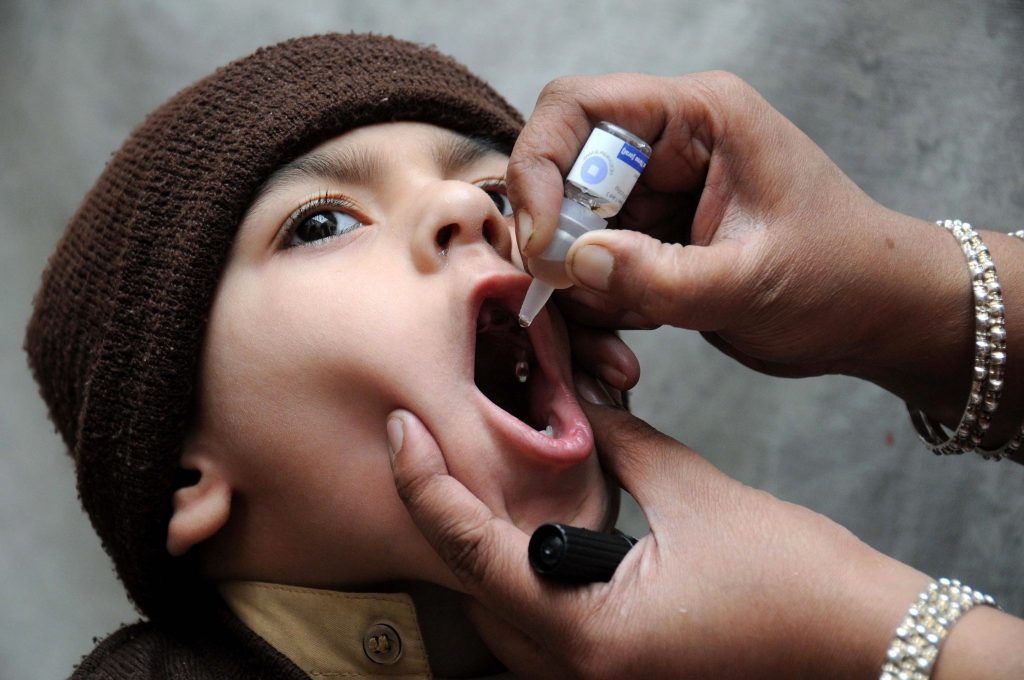
What is polio?
Polio, also known as Poliomyelitis, is a disabling and life-threatening disease caused by the infectious poliovirus that mainly affects the person’s spinal cord and might result in paralysis and possibly death. Children under five years of age, but anyone of any age who is unvaccinated also has a high probability of contracting the disease. Polio can spread from person to person through contact.
There are various contact methods, such as contact with stool (excretion waste) of an infected person or droplets from a sneeze or cough. If you get in contact with stool or droplets of a contacted person in your hands and touch your mouth, there is a high probability of getting infected.
An infected person can spread the virus to others immediately, even before symptoms arise, and for 1 to 2 weeks after developing symptoms. The virus is present in the infected person’s intestines and throat for many weeks, which might contaminate anything touched by that person with unwashed hands.
Signs and Symptoms of polio
Poliovirus infections are asymptomatic for most people, and for about 1 in 4 people, it will cause mild flu-like symptoms such as sore throat, fever, tiredness, nausea, headache, and stomach pain. These symptoms are temporary and then go away on their own.
A smaller proportion of infected people will develop more serious symptoms such as meningitis and paralysis. Paralysis is the most severe symptom that may lead to permanent disability or even death as it affects the muscles that help them breathe.
Patients who seem to be fully recovered can develop post-polio syndrome years later. They are likely to experience various health problems such as muscle weakness, mental and physical fatigue, joint pains, and atrophy (decrease in muscle size). This is rarely life-threatening but can affect the functioning of a person independently.
Once it is suspected that a patient has polio, it is necessary to immediately conduct physical exams, collect samples (stool, blood, urine, and spinal fluid) to run tests to verify the infection and take a detailed medical history of the patient, including the vaccination status, after hospitalization.
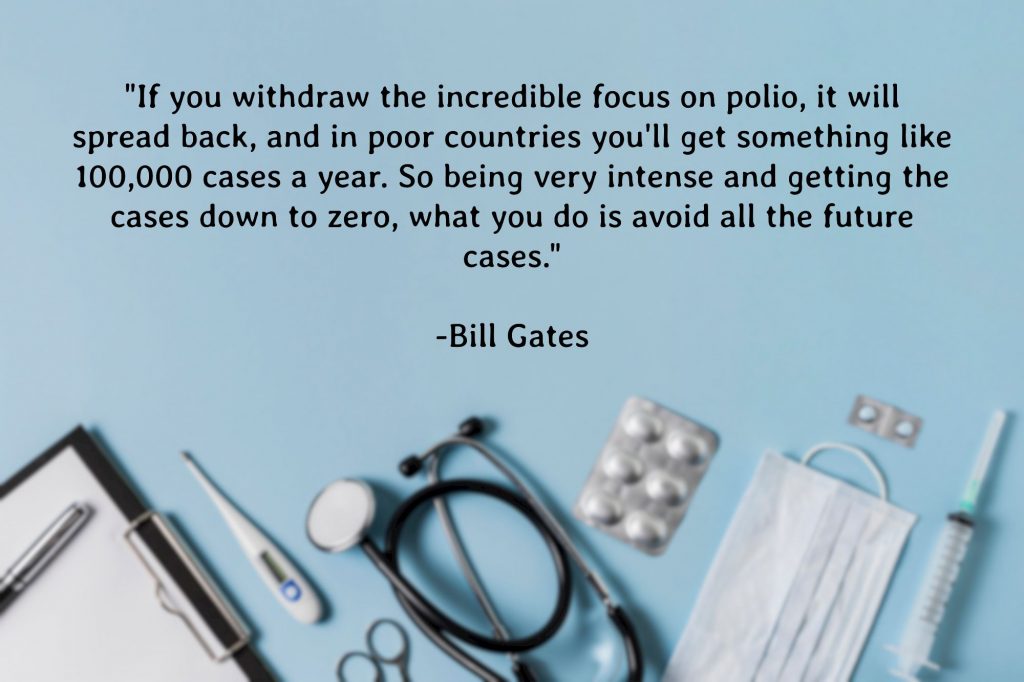
Prevention and Treatment
Currently, there is no specifically developed cure or treatment for polio, but preventative measures such as vaccination are available. People already infected are provided treatments for relief of symptoms, speedy recovery and prevention of complications.
Treatments such as long-term rehabilitation, which includes occupational therapy, physical therapy, braces, corrective shoes, or even orthopaedic surgery, will be provided. Some patients may require portable ventilators to support their breathing.
Luckily, vaccinations have been developed and provided since the 1950s, which has immensely decreased the number of polio patients reported around the world.
Currently, two types of polio vaccines are used: an inactivated poliovirus given by injection and a weakened poliovirus given by mouth.
These vaccines are provided to children to prevent their spread. Due to certain misconceptions regarding vaccines, in countries such as Pakistan and Afghanistan, polio has become an endemic disease. For the last 15 years, there have been no reported polio cases in Sri Lanka due to the rapid increase and efficient implementation of polio immunization coverage for infants and children around the country.

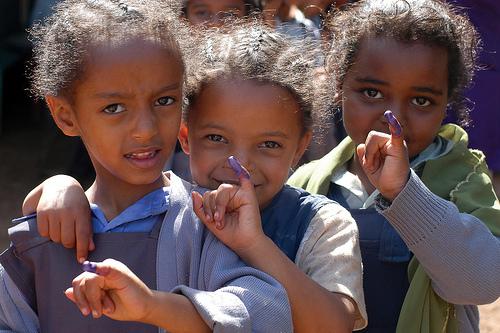
Due to the various health care practices and intense advocation done by various organizations pioneered by WHO and Rotary International, poliovirus infections have been held under control. But this does not mean it has been completely eradicated.
So, we need to adhere to the necessary guidelines and obtain the necessary vaccinations recommended by healthcare professionals on time so that this virus can be completely erased from being transmitted around communities.
Written by: Rtr. Supun Rasanjana
Graphic design by: Rtr. Nilakshi De Silva
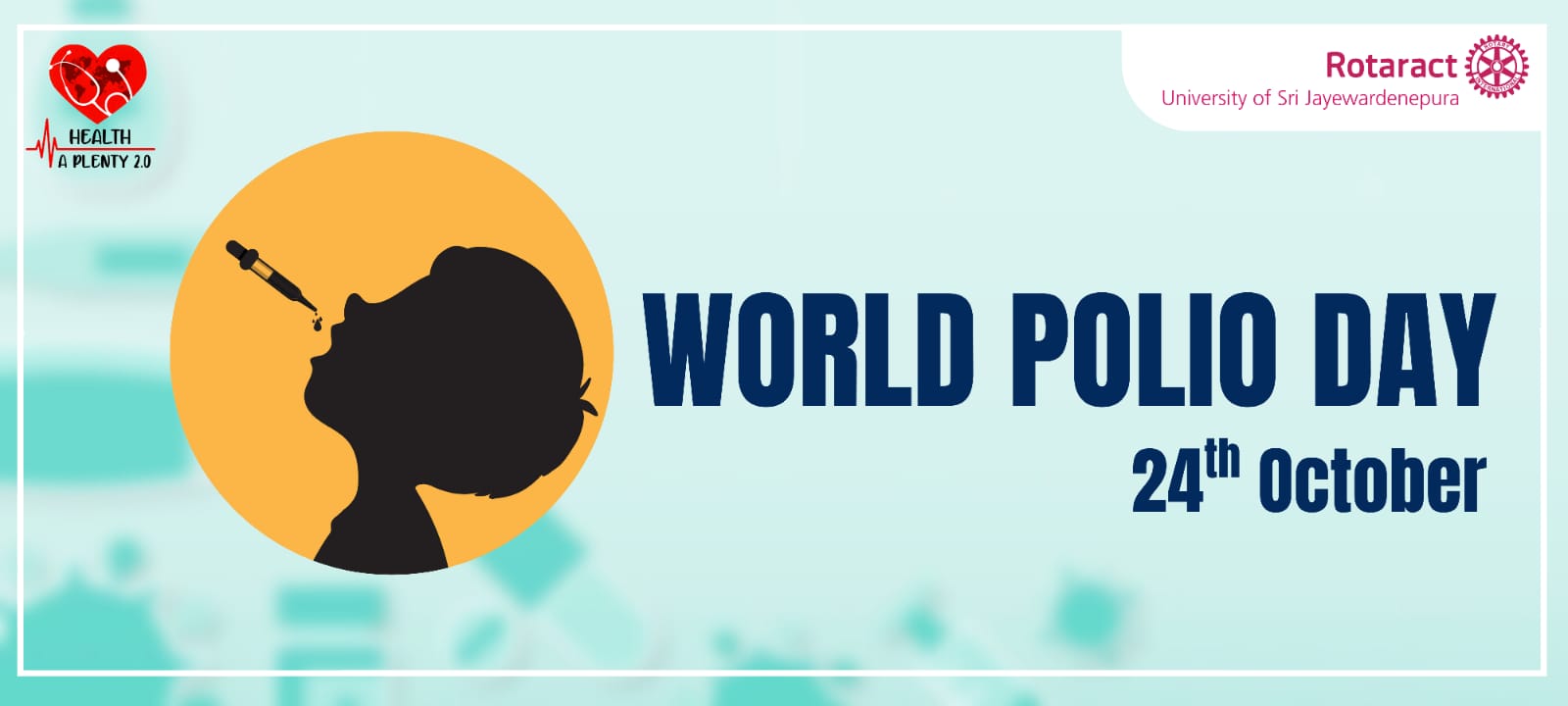

0 Comments